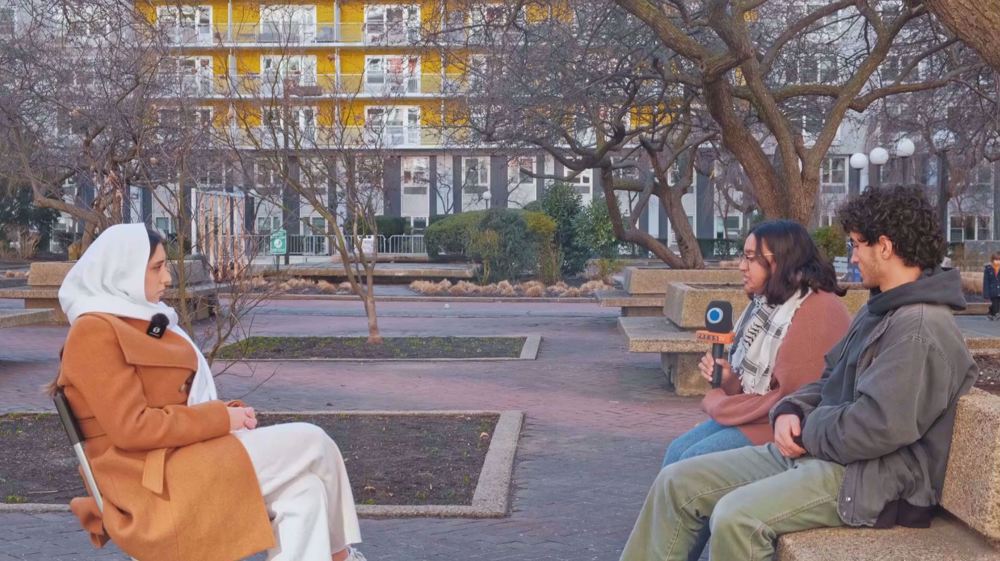US lost neutrality to host UN headquarters: Commentator
Press TV has conducted an interview with Dmitry Babich, with the Voice of Russia Radio Station from Moscow, to ask for his insight on US decision to issue a limited visa to a top Russian parliamentarian in attempt to bar her from participating an event at the UN headquarters in New York.
The following is a rough transcription of the interview.
Press TV: Does the US have this right to deny a world power’s speaker of parliament access to the United Nations?
Babich: Well, of course it doesn’t have this right and I would remind you that even Fidel Castro visited New York when he was in power in Cuba, and when relations between Cuba and the United States were very bad, when the US agencies, in fact, tried to assassinate him in Cuba, but still it didn’t prevent Castro from visiting New York. And now Mrs. Matvienko, it’s a very rare situation, the visa which the United States proposed to her included provisions for visiting the UN building but not more. You could not go anywhere outside the UN building and it’s an insult for the third person in the country, Valentina Matvienko is the third person in Russia. After the president and the prime minister, she is the highest official. So, of course the Russian elite as a whole felt insulted by this move of the United States.
Press TV: Obviously the US believes the UN being headquartered on their soil, gives them authority to regulate membership. A move which has Russia demanding the UN be moved, your thoughts on that.
Babich: I think that it is becoming more and more clear that the United States no longer the same neutral power which we have seen before the World War II, New York city is a great city with lots of ethnic groups represented there, but the United States is not a neutral country. It is becoming a global empire with bad relations with many countries, so of course they are here to move the headquarters of the UN to some more neutral state. It is quite obvious to my mind.
Press TV: Right maybe others agree with you, I mean, Matvienko, she does say that this denied entry is illegal, against principles of democracy, and freedom of speech. Is it possible that this was a misstep by Washington, and it could be a blow to its image in the international community?
Babich: I think it was certainly a misstep but as usual as it became usual in the last 20 years the responsible officials in the United States wouldn’t be punished. It’s not the first absurdity that they do with sanctions. Let me tell you that for example the United States included Svetlana Zhurova, the world skating champion, in its sanctions list just because Svetlana Zhurova is a member of the Russian Parliament, the State Duma. What can be so harmful that Zhurova can do in the United States. She can’t do any harm to the United States. Valentina Matvienko also never made anti-America statements and of course she is not dangerous to the United States. But still they were both included in the sanctions list and no one is held responsible in the United States for this obvious absurdity, which alienates from Washington people who did not want to be Washington’s enemies.

The price we paid for freedom

ICC's arrest warrant for Netanyahu to worry Western politicians: Former British diplomat

Former FBI agent criticizes US Congress for 'outright corruption'
Poll: Only one in nine Israelis back resuming war on Gaza
VIDEO | Press TV's news headlines
Report: Trump plans to deport 240,000 Ukrainians from US
Israeli soldiers selling loot stolen from Gaza, Lebanon: Report
Iran rejects 'absurd' UK claim of posing national security threat
VIDEO | Italy's judiciary ignoring penal complaint against Italian government for complicity in Israel's Gaz
Iran envoy urges joint action with Afghanistan to resolve refugees issue
Columbia University students criticize brutality against pro-Palestinian protests






 This makes it easy to access the Press TV website
This makes it easy to access the Press TV website